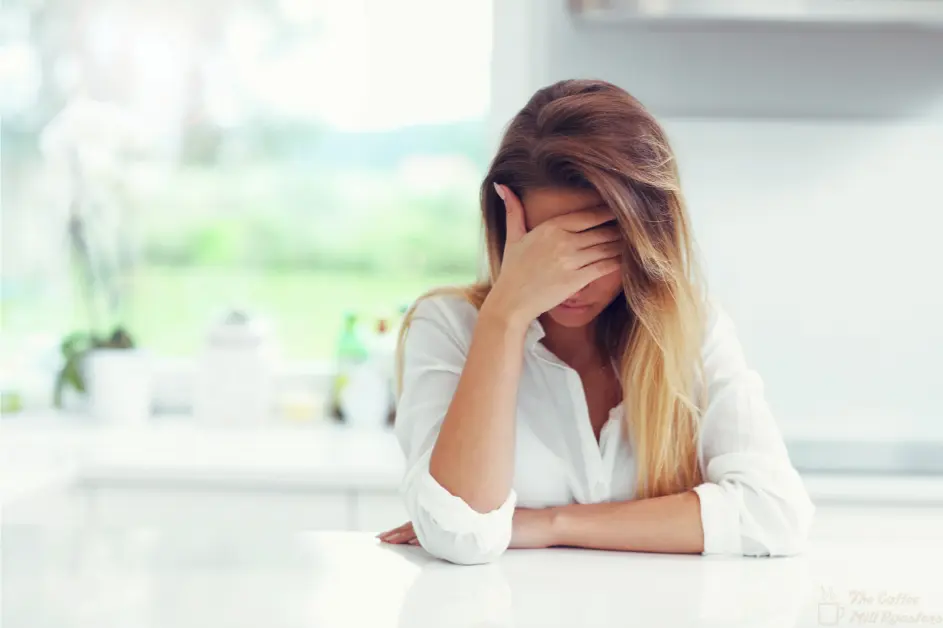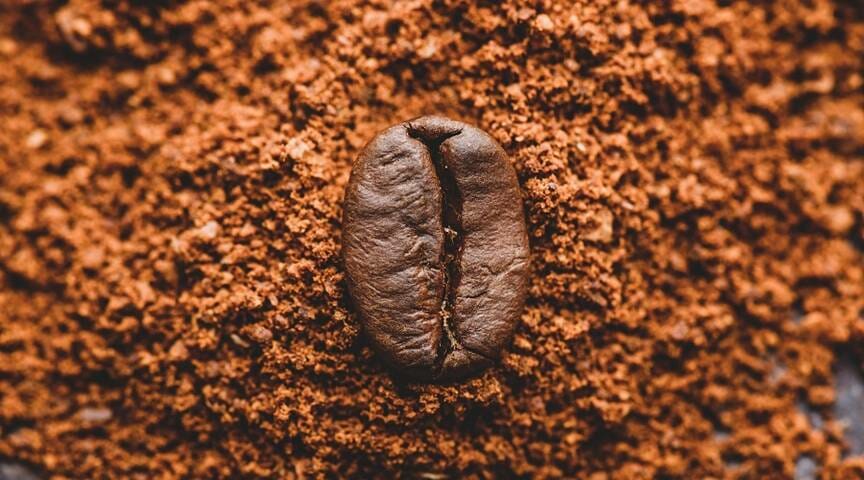Advertisements from coffee brands always promote the assurance of taking weariness and inactivity away from our lives. We have grown up by watching these commercials and developed a positive belief in coffee in our minds. So, we drink coffee both to remain active and healthy.
We even think that coffee can instantly provide us healing from common sicknesses such as a headache. It is an everyday moment in our life to be suggested by someone to drink coffee for a headache.
But, recent studies have discovered that caffeine is also liable for growing headaches. Coffee drinkers have experienced temporary headaches at least once in their lives.
Now the question is – why does coffee trigger a headache? If you want to know the answer in detail, you have to read the entire article attentively.
Keep reading to learn more.
Why Do I Get Headaches When I Drink Coffee?

Any caffeinated drinks, including coffee, tea, and energy drink, can bring on a temporary headache. But why does it happen? Let’s take a look at its reason.
Numerous blood vessels encircle our brains. Caffeine is a particular substance that makes them narrower when we drink coffee. It also results in minimizing blood circulation through those vessels.
The conflicting action takes place when we stop consuming coffee. The absence of caffeine makes those blood vessels bigger. As a result, those blood vessels around the brain experience a sudden blood flow which causes a headache.
However, the headache is temporary and will go away within hours.
Is Caffeine Good or Bad for Headaches?
People have both positive and negative opinions about caffeine for headaches. Coffee lovers find it mysterious whether caffeine cure or triggers a headache. If you are keenly waiting like others to know the accurate answer, the truth is – caffeine does both.
Caffeine has been well known as a remedy for headaches since ancient times. It can relieve your headache when taken with regular pain medicines like aspirin and ibuprofen.
On the other hand, caffeine can worsen your headache if you are too much dependent on it and suddenly stop drinking caffeinated drinks like coffee. It is known as caffeine withdrawal headache, which you can bring under control by balancing your caffeine intake. \
Why Does Coffee Affect Me But Not Tea?
People who prefer drinking coffee may experience temporary difficulties such as headaches, fast breathing, insomnia, etc. In contrast, tea drinkers rarely face such physical discomfort. So, why do coffee and tea affect you differently?
We already have a basic idea about the effect of caffeine on our bodies. The action of caffeine becomes different depending on its consumption amount. Let’s learn about the amount of caffeine in both coffee and tea.
An 8-ounce cup of brewed coffee carries an average of 85 to 200 milligrams of caffeine. On the contrary, the same amount of brewed black tea contains 14 and 70 milligrams of caffeine. Green tea even has a lower level of caffeine compared to black tea.
Now it is clear as day that coffee is richer in caffeine than tea. So, the drink’s effect will definitely be faster and higher than tea.
How Long Does a Caffeine Headache Last?
Caffeine headache is usually short-lived. In most cases, you will get back to the normal condition within twelve hours to two days. However, it can stay for a week in some cases. Your body should overcome caffeine withdrawal headaches within this duration. Otherwise, it indicates that you have been dependent on caffeine, which requires a different treatment to bring under control.
Is Quitting Caffeine Worth It?
It might seem that giving up caffeine is the easiest way to prevent such headaches. Does it really help? To tell you the truth, caffeine has both positive and negative influences on our bodies.

If you quit caffeine, you will notice a big difference in your body. You may experience less anxiety, better sleep, lower blood pressure, healthier teeth, and fewer headaches. These physical benefits can influence you to go away from caffeine. However, it is still an essential substance for us
Caffeinated drinks are good for the heart and prevent sicknesses like Parkinson’s disease. They are also beneficial for our liver health. Some studies have found that caffeinated drinks like coffee, whether regular or decaf, lessens the risk of colon cancer by 26 percent.
There is nothing more to describe that quitting caffeine from your diet will not be an appropriate decision. Instead, drinking caffeinated drinks moderate is encouraged.
How to Get Rid of Caffeine Headaches?
In general, caffeine headache lasts only for a little while. Your body will naturally return to a normal state of health. However, you can speed up the process by following these tips
- A nap or uninterrupted rest is very effective in reducing caffeine headaches. Sleep is a powerful and natural treatment for any kind of headache.
- Another natural way of getting rid of caffeine headaches is to massage particular pressure points. Applying massage to headache pressure points will provide you with quick tranquility.
- While applying massage on particular points, you can use peppermint oil to get instant results. Take two or three drops of peppermint oil and massage the liquid on your forehead and temples.
- Not only caffeine withdrawal but also dehydration is commonly liable for headaches. Drinking small sips of water is a proven at-home treatment to relieve headaches faster.
- Finally, stop drinking coffee every now and then to throw your caffeine addiction. You need to limit coffee consumption at any cost to minimize your caffeine dependency.
Final Thought
This discussional article should provide sufficient information about coffee’s relationship with headaches. Perhaps, it is now clear to you – why does coffee give you a headache? In a word, caffeine in coffee is responsible for this short-term sickness.
Caffeine withdrawal headache should not get you in a panic because you can overcome it in a little while. However, you may meet a doctor in case of experiencing a headache over and over again.
You don’t have to give up coffee to prevent headaches for evermore. Rather, you can still enjoy coffee and avoid headaches by reducing caffeine dependency and following a healthy diet and lifestyle.
References:
https://www.mayoclinichealthsystem.org/hometown-health/speaking-of-health/does-caffeine-treat-or-trigger-headaches
https://www.health.harvard.edu/blog/if-you-have-migraines-put-down-your-coffee-and-read-this-2019093017897